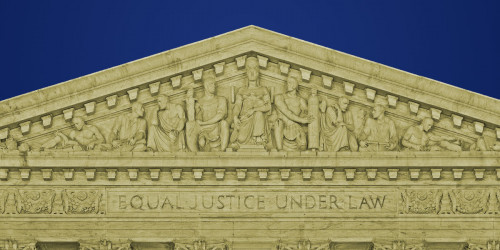Last week, security researcher Trevor Eckhart posted an analysis of software produced by Carrier IQ, which describes itself as "the world's leading provider of Mobile Service Intelligence solutions." Eckhart concluded that the software, which comes by default on many mobile devices and runs quietly in the background, logs extensive details about users' activities. Eckhart not only documented the functionality of the software, but learned even more about how it works through training materials posted on the Carrier IQ website. Fearing the company would take the files offline after he posted his analysis, he mirrored the training materials to let others independently verify his conclusions.
Eckhart was right: Carrier IQ immediately made the files unavailable, but it didn't stop there. Carrier IQ fired off a cease-and-desist letter (pdf) to Eckhart, claiming that he infringed its copyrights and made unspecified "false allegations" about its software. Among other things, the company demanded that Eckhart turn over contact information for every person who had obtained the files from him, and that he replace his analysis with a statement—written for him by Carrier IQ—disavowing his research.
Happily, Eckhart was not cowed by this ham-fisted effort to suppress his findings. Instead, he reached out to EFF. We're glad he did. As we explained in a letter (pdf) to Carrier IQ today, Eckhart's research is protected by fair use and the First Amendment right to free expression. He posted the training materials to teach the public about software that many consumers don't know about, even though it monitors their everyday activities and raises substantial privacy concerns. As the Copyright Act says, "the fair use of a copyrighted work . . . for purposes such as criticism, comment, news reporting . . . or research, is not an infringement of copyright." Furthermore, Eckhart's analysis is just the kind of speech that that the First Amendment is meant to protect—public commentary that will help consumers better understand the products they use and help researchers investigate those products.
Given the weakness of its legal position, we have to conclude that Carrier IQ's real goal is to suppress Eckhart’s research and prevent others from verifying his findings. But as we've long said, the best way to counter speech you don't like is more speech—not baseless legal threats to silence your critics. Carrier IQ didn't get the memo on this. (Nor, apparently, has it heard of the Streisand Effect.) Hopefully it has now.










